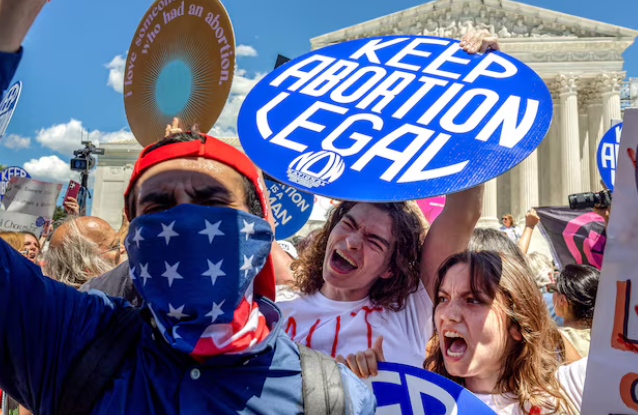Elections for state supreme court seats have gained significant attention as key battlegrounds for abortion rights, particularly following the Supreme Court’s 2022 decision to overturn Roe v. Wade. This ruling shifted the focus to state legislatures, allowing many conservative states to impose bans and restrictions on abortion. In response, voters in several states have approved measures to enshrine abortion rights in their state constitutions, and many more will consider similar initiatives in upcoming elections.
State supreme courts play a crucial role in interpreting state laws and constitutional amendments, which has heightened the stakes for judicial elections. Advocacy groups from both sides are now heavily targeting races in states like Michigan and Ohio, where the outcomes could influence future reproductive rights.
Organizations such as the ACLU and Planned Parenthood Votes are investing millions in these elections, aiming to inform voters about candidates’ stances on abortion. In Michigan, for instance, two key seats are contested, and Democrats are currently holding a narrow majority. The candidates supported by the Democratic Party are significantly outspending their Republican opponents.
In Ohio, the stakes are similarly high, with six candidates vying for three supreme court seats. Democrats are leveraging the issue of abortion rights to try to flip the court from a Republican majority. Campaign ads highlight the potential risks posed by “extremist judges” to access to abortion.
Montana and North Carolina are also focal points, with various candidates emphasizing their positions on reproductive rights amid changing legal landscapes. The focus on abortion in judicial campaigns marks a shift from traditional discussions around fairness and justice, as candidates are now openly addressing how their values align with voters’ concerns.
Overall, the 2024 elections are shaping up to be pivotal not just for the courts but for the broader conversation around reproductive rights in the U.S., as both parties strategize to secure favorable judicial outcomes that could influence legislative actions on abortion for years to come.

